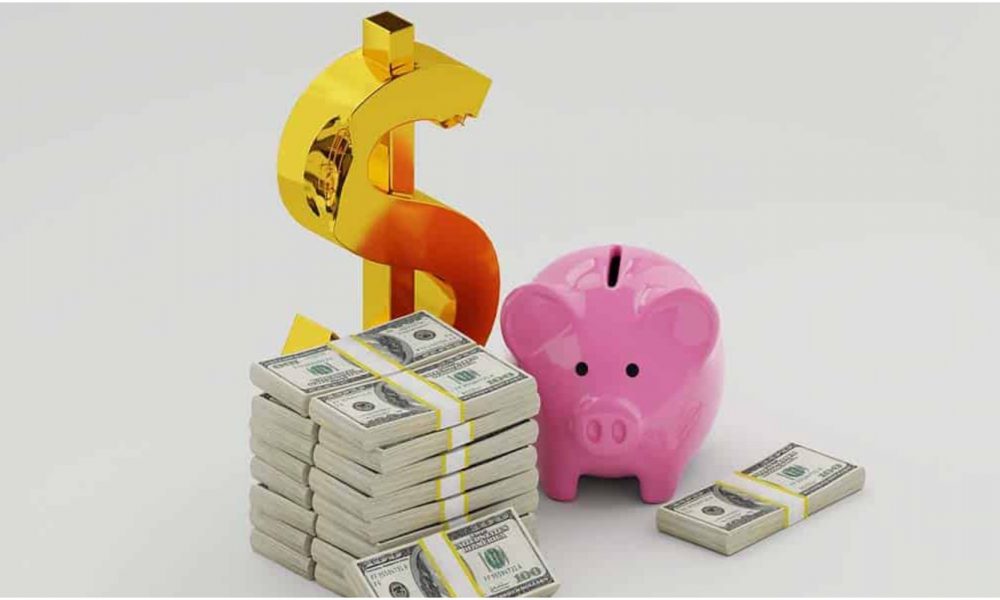
Where Should You Be Putting All Your Money?

You aren’t the only one who isn’t sure about where to place funds. Many people ask themselves whether they should be keeping their cash at hand or in a bank or somewhere else. There are so many options these days and so many different goals. Where you store your money will depend on your own financial goals.
What Are Your Financial Goals?
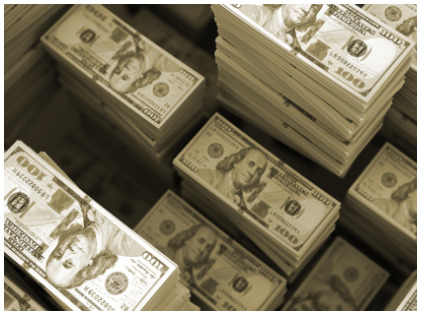 People have money for different reasons, paying for their studies, going on a vacation, saving for retirement, buy gifts, etc. There are also home projects and daily expenses. It is common for people to keep their money at the physical bank, or in online accounts or a credit union. Having a checking account is very common today as well, just as savings accounts are.
People have money for different reasons, paying for their studies, going on a vacation, saving for retirement, buy gifts, etc. There are also home projects and daily expenses. It is common for people to keep their money at the physical bank, or in online accounts or a credit union. Having a checking account is very common today as well, just as savings accounts are.
People manage their financial goals through several different accounts for both short term and long term financial goals. Some people refuse to use banks at all and prefer keeping their hard cash at home. Those who keep hard cash at home usually don’t know of the increasing options to choose. This means protecting your money and still keeping it accessible.
Banks Come in Many Forms
Banks aren’t only in the traditional physical brick and mortar version! These days, banks come in a variety of shapes and sizes to choose from. Brick-and-mortar banks typically have more business as they are more recognized and trusted since they have been around the longest. But there are contenders. Today we have online-only banks, community banks, and credit unions as well.
Choosing a Bank
With the competition growing, banks now have to think of creative ways to make their businesses look more attractive to people with money than their competitors. This means that more and more rewards programs are in place with lucrative incentives. Besides this, there are also the high-yield accounts that offer better interest rates on higher balances. Many beneficial perks have come about since the banking business grew competition. Of course, with the increasing number of options to choose from, it can be a challenge simply selecting where to bank your money.
What to Consider When Choosing a Bank
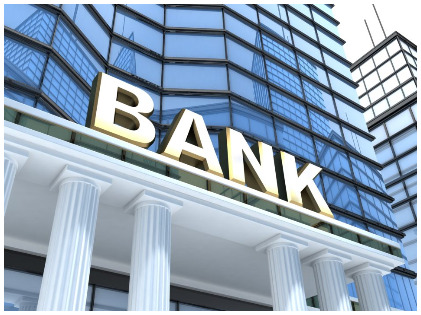 You have to consider interest rates, fees and hidden charges, and the like. When it comes to the question of fees, online-only banks, credit unions, and community banks all typically offer better interest rates than the traditional brick-and-mortar banks do. Online-only banks are virtual and thus have lower overheads since they don’t lease out or pay costs involving physical buildings or a physical location.
You have to consider interest rates, fees and hidden charges, and the like. When it comes to the question of fees, online-only banks, credit unions, and community banks all typically offer better interest rates than the traditional brick-and-mortar banks do. Online-only banks are virtual and thus have lower overheads since they don’t lease out or pay costs involving physical buildings or a physical location.
Online banks are very accessible and since you can see it from your laptop or phone and at any time. Credit unions and community banks are rather lenient with fees and interest rates. That’s because they place focus on the people they serve.
Daily Expenses
If you intend to pay for expenses with an amount of money, it is best not to keep it in hard cash. That’s because you might misplace or lose it. When your money is in an account, and you are using a card to swipe, you have much more protection since the balance is also insured. This means that if you know how much your expenses ad up to, keeping this amount in a checking account is safer and easier as you can simply swipe and go. It is best to have a buffer balance left in the account at all times to prevent the mistake of going into your overdraft from occurring, in which case you may incur bank charges.
Emergency Fund
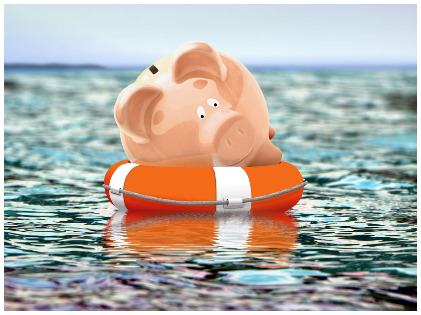 It is smart to keep a certain amount of money in an emergency fund for times when you need it. This isn’t if you are short on cash for lunch or for new clothes or a vacation. The emergency fund is in case you run out of food or can’t meet the mortgage payment or lose your job.
It is smart to keep a certain amount of money in an emergency fund for times when you need it. This isn’t if you are short on cash for lunch or for new clothes or a vacation. The emergency fund is in case you run out of food or can’t meet the mortgage payment or lose your job.
Keeping emergency fund amounts in a separate account and preferably at a different bank is best as it is less tempting to use as it requires additional effort to access. If your emergency money is kept in your checking account, you could quickly eat into it, whether you realize it or not.
No matter what you plan on doing with your money, you have to make sure your funds are safe, protected and in order so that you don’t mess up your finances. Having hard cash on hand has its perks, but it is generally much safer and more sensible to have your money in accounts. Straighten out your finances and feel a whole load of pressure lift off of your shoulders!
More in Financial Advice
-
`
WWE SmackDown to Make a Comeback on USA Network in 2024
In a surprising twist, WWE’s Friday night staple, “SmackDown,” is bidding farewell to Fox and heading back to its old stomping...
November 24, 2023 -
`
Why Women Face Higher Out-of-Pocket Health Expenses
In healthcare, disparities persist, and a recent report from Deloitte underscores a significant financial gap between working women and men in...
November 18, 2023 -
`
Elon Musk vs Bill Gates: The Clash of Titans
In the realm of the world’s wealthiest individuals, a simmering rivalry has been captivating public attention. It’s not a clash of...
November 7, 2023 -
`
The Power Of Disconnecting
In our digitally driven age, where smartphones, tablets, and laptops have become extensions of ourselves, disconnecting might seem daunting. However, the...
October 31, 2023 -
`
JCPenney’s Bankruptcy: The End of an Era
JCPenney filed for bankruptcy in a move echoing the struggles of many retailers in the wake of the COVID-19 pandemic. This...
October 26, 2023 -
`
Reasons Why You Need a Financial Plan
Financial planning is not just for the wealthy or those nearing retirement. It’s a crucial tool for anyone seeking financial security...
October 19, 2023 -
`
How Brad Pitt Spends His Millions All Over the World
Brad Pitt, the charismatic Hollywood superstar, has left an indelible mark on the silver screen and made an impact in the...
October 10, 2023 -
`
Gen Z’s Posh Palate: The Unexpected Rise of Caviar Culture
Amid the backdrop of a digital era buzzing with viral dances, e-sports, and niche memes, there emerges a peculiar plot twist:...
October 7, 2023 -
`
Transform Your Retail Business With Social Media Mastery
If you’re a retail marketer posting your social media messages haphazardly, you might be missing out on prime opportunities to turn...
September 26, 2023





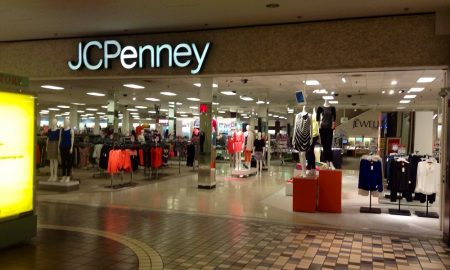






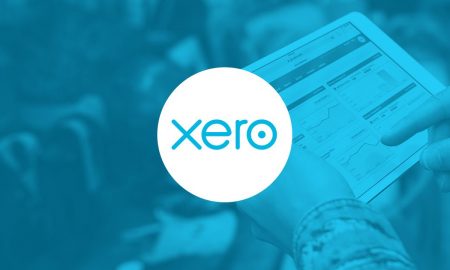
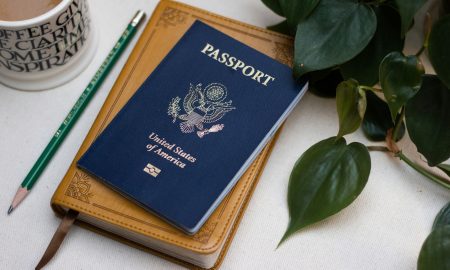

You must be logged in to post a comment Login